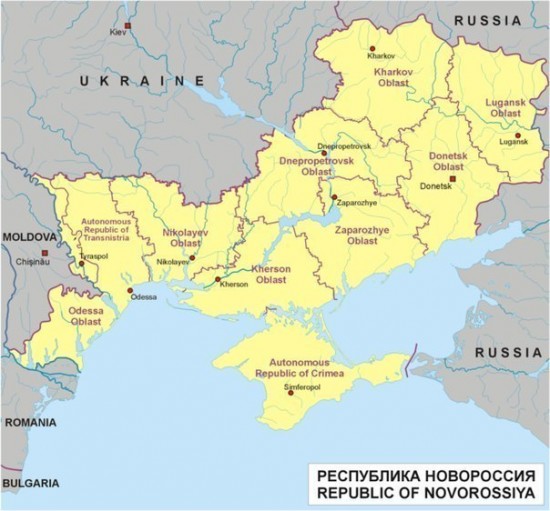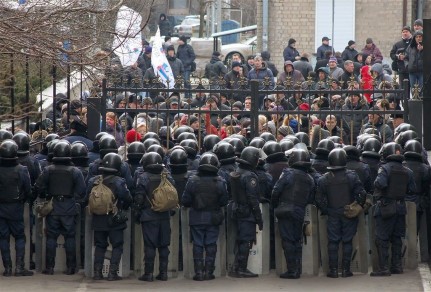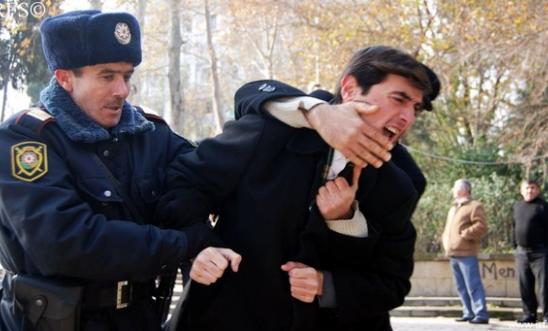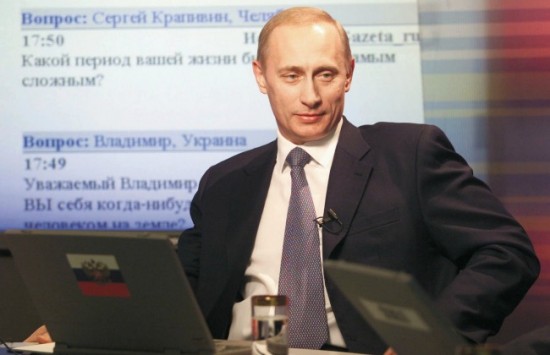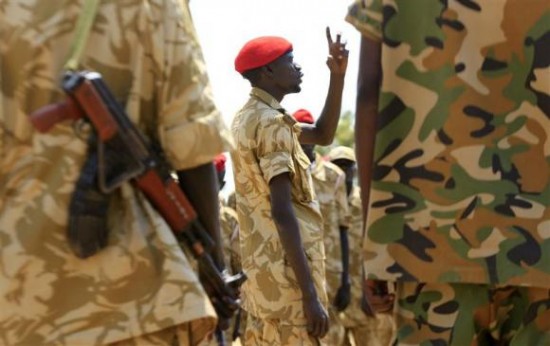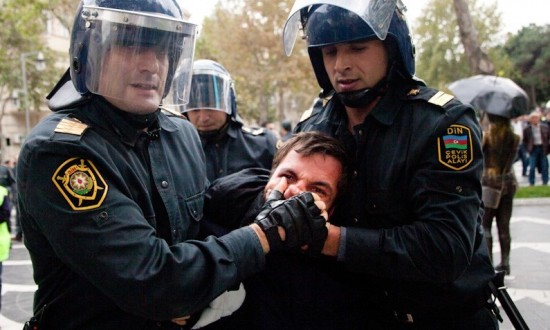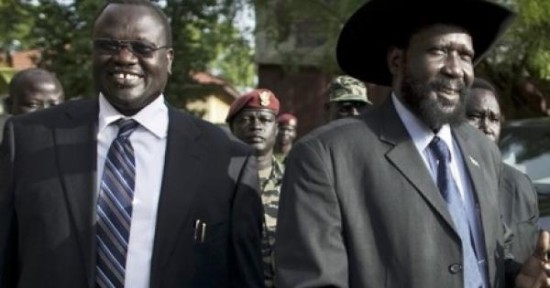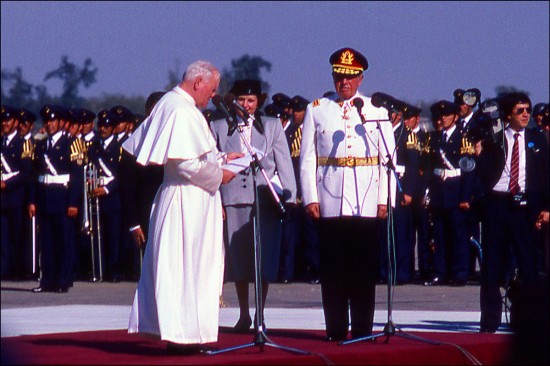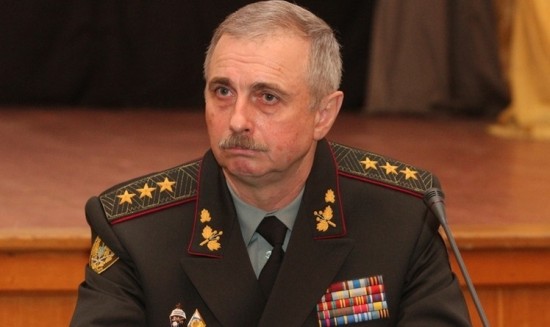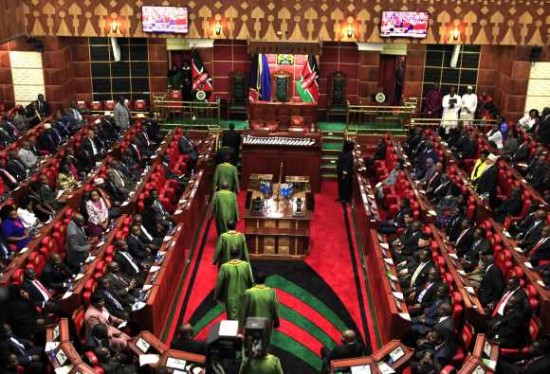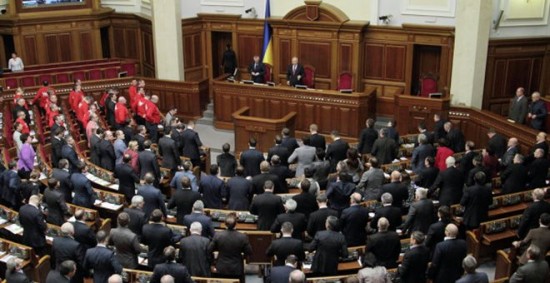Transdniestria is “the first liberated part of Novorossiya,” according to Russian Economist Sergei Lebedev. Levedev also said that he saw a new state forming between Russia and Moldova, which spreads across Ukraine.
The statements were published on the website Ruskline.ru Tuesday.
Lebedev said that although “the New Russian Transdniestr Moldovan Republic (PMR),” born in 1990, was the “first liberated territory” and has been maintaining the hope of re-uniting with “Great Russia” since its beginnings, “now the situation has changed radically due to the crisis in Ukraine as well as the complicated situation in Moldova and Romania.”
 Lebedev went on to reference Russian President Vladimir Putin, who spoke of Transdniestria in his April 17 public talk, stating that the people of the region “should be allowed to resolve their own fate” and that Russia would support them. Lebedev says that these words by Putin “instantly aroused a tantrum from the Kiev junta, which started to build fortified lines on the border of Ukraine and PMR.”
Lebedev went on to reference Russian President Vladimir Putin, who spoke of Transdniestria in his April 17 public talk, stating that the people of the region “should be allowed to resolve their own fate” and that Russia would support them. Lebedev says that these words by Putin “instantly aroused a tantrum from the Kiev junta, which started to build fortified lines on the border of Ukraine and PMR.”
Putin also told students in April that Odessa–a crucial city to Ukraine as a transit port for liquid gas from Qutar and Turkey, without which Ukraine would depend totally on Russian gas–was once Russian.
Russia has recently been increasing its military force in Transdniestria.
The Ukrainian “blockade” of PMR, which desires reunification with Russia, only serves, according to Lebedev, as “an illustration of [Kiev’s] inadequacy.”
Lebedev went on to say of the situation regarding Transdniestria, “Simultaneously, once again, the Romanian authorities, headed by the ambitious and not entirely sane President Traian Basescu, launched a campaign for the annexation of the Republic of Moldova, which, under the unsettled relations between Moldova and Transdniestria, again exacerbated the conflict on the Dniester.”
Lebedev placed the current situation in the context of historical peoples and lands dating back to the Scythians, Sarmatians and Alans.
Lebedev is a professor of Economics in Russia, although his tract was mainly written framed within historical rhetoric.
By James Haleavy
Source:
